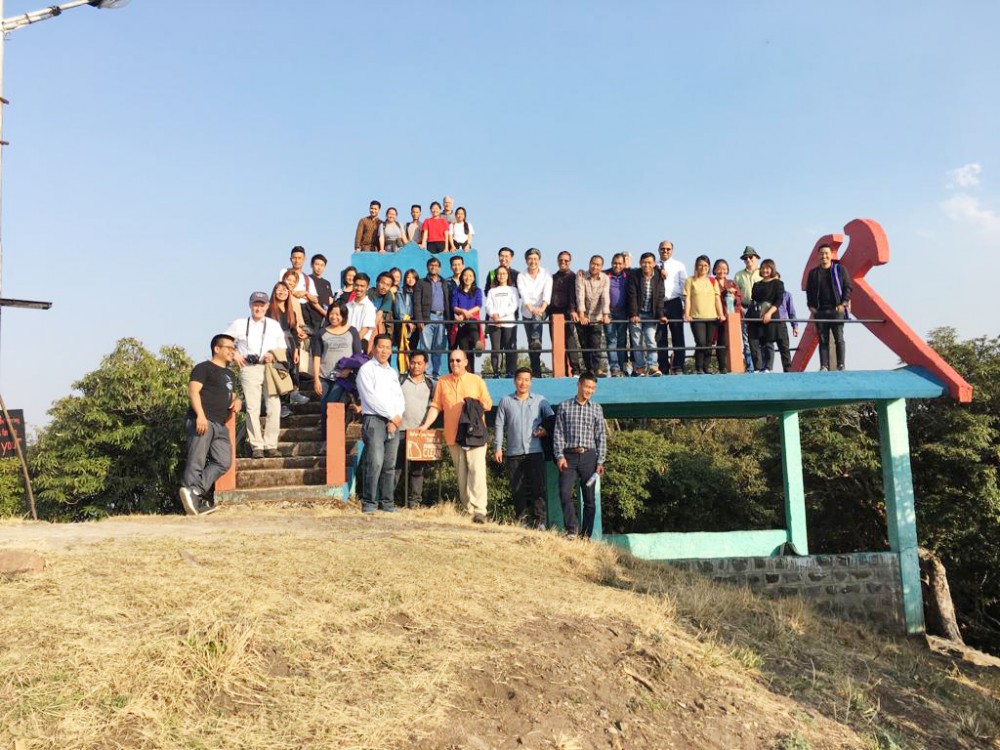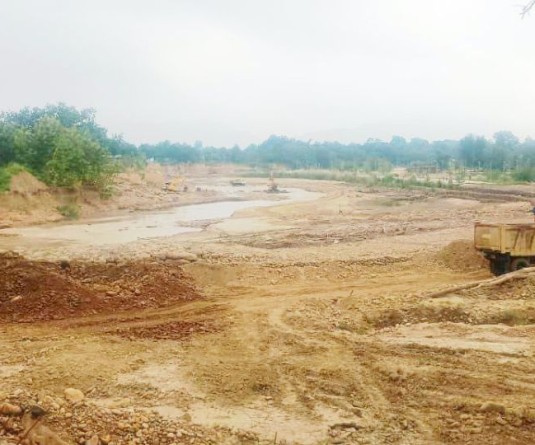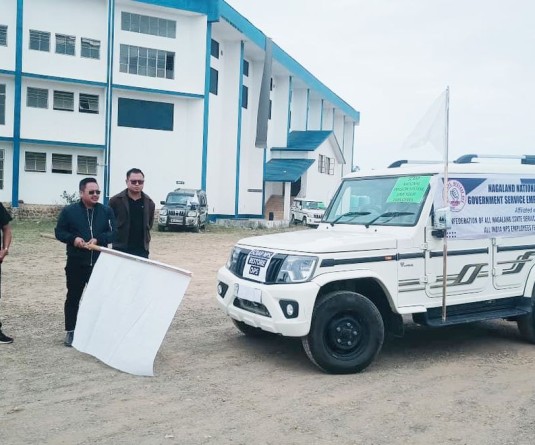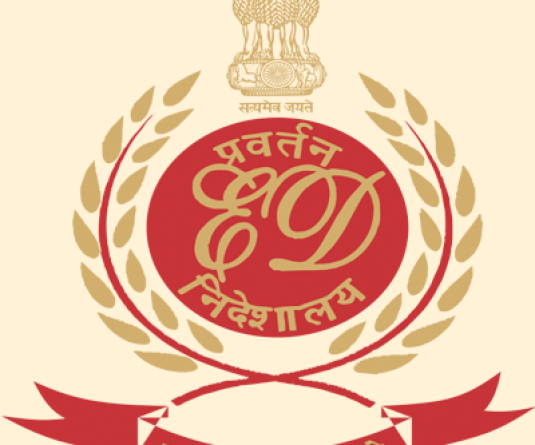Some of the resource persons and dignitaries International Symposium on Integrated Land Use Management in the Eastern Himalayas during “Explore Puliebadze” on March 13.

Our Correspondent
Jotsoma | March 13
Nagaland is envisioned to be one of the organic hubs of the country by making it a leading state in organic agriculture and organic value chain for the North East region, Dr Akali Sema, professor, department of Horticulture, School of Agricultural Sciences & Rural development, Nagaland University today said.
She was speaking on the second day of the international symposium on “Integrated Land Use Management in the Eastern Himalayas- Focus on Nagaland” here at Kohima Science College, under the aegis of Botany department of KSC Jotsoma in collaboration with University of Minnesota, USA.
Presenting the perspectives of SASRD, Nagaland University, Dr Akali said that its mission is to promote organic farming as well as implement program and policies through convergence
This is to ensure that organic farmers of the state doubles their income through organic farming, establish a robust organic supply chain for organic products from Nagaland and address the need for quality and quantity of the produce based on market requirement, she added.
Touching on expected outcome, she highlighted that a mission mode approach to organic farming as; convergence of various program / schemes of organic farming in the state – judicious utilisation of resources, bring about a larger & visible impact of program / schemes in the state.
Dr. Akali said organic farming is a production system that sustains the health of soils, ecosystem, adding that organic agriculture is a unique crop production management system which excludes all synthetic off-farm inputs.
“Organic farming is a system which largely excludes the use of synthetic inputs and rely upon crop rotations, crop residues, animal manure, off-farm organic waste and biological system of nutrient mobilization and plant protection,” she told the symposium.
For policy matter, she stressed on the need to have state wise crop zoning - identifying the potential areas/commodities, popularizing and propagating indigenous farming system and traditional practices, strong baseline data, incentives to organic farmers & support for certification and establishment/ adoption of organic villages /blocks in identified areas.
Dr. Paul Porter, Professor, Department of Agronomy & Plant Genetics, Dr. Kyungsoo Yoo, Professor, Department Of Soil, Water & Climate, Dr. Joseph Magner, Research Professor, Department of Bioproducts & Biosystems Engineering- all from the University of Minnesota, USA and Dr. Abiar Rahman, professor, Department of Agroforestry and Environment, Bangabandhu Sheikh Majibur, Rahman Agricultural University Bangladesh were the other resource persons of the technical session III today.
Meanwhile, technical session IV on day three (March 14) of the international symposium will surround on the topic “Water, natural resources & climate change” followed by a valedictory session in the afternoon.


.jpg)



